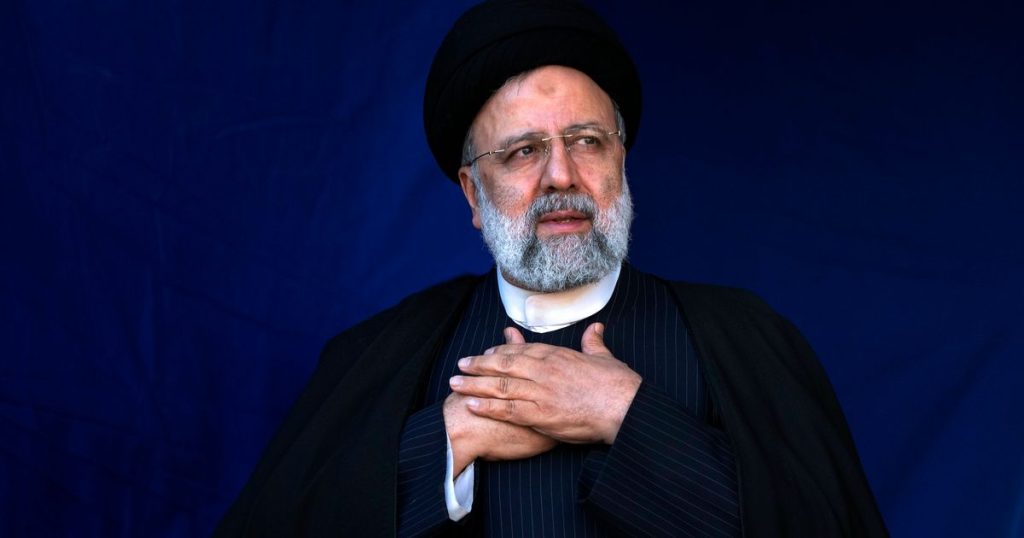Raisi’s election in June 2021 marked a shift to the right in Iranian politics, as he is known for his conservative and Islamist views. His role as head of the judiciary prior to becoming president was marked by harsh crackdowns on dissent and political dissenters, earning him a reputation for being a strict enforcer of Iran’s strict laws. Raisi’s election has raised concerns among human rights advocates and international observers about the potential for increased repression and human rights abuses under his leadership.
Raisi’s presidency has also been marked by an increasingly confrontational stance towards the West, especially the United States. He has criticized the U.S. for its policies towards Iran, including sanctions and the Trump administration’s withdrawal from the Iran nuclear deal. Raisi has vowed to oppose what he calls American “terrorism” and has called for greater self-sufficiency in the face of Western pressure. This has raised concerns about the potential for increased tension between Iran and the West under his leadership.
Despite his hard-line stance on many issues, Raisi has also promised to tackle corruption and address the country’s economic challenges. Iran has been facing a severe economic crisis, exacerbated by international sanctions and the effects of the COVID-19 pandemic. Raisi has pledged to improve the economy, create jobs, and reduce poverty, which are key issues for many Iranian voters. However, critics are skeptical of his ability to deliver on these promises, given his lack of experience in economic policy.
Raisi’s presidency has also raised questions about the future of Iran’s foreign policy, particularly its relations with regional powers such as Saudi Arabia and Israel. Raisi has expressed support for Iran’s alliances with countries like Russia and China, which could potentially shift the country’s foreign policy away from the West. This has raised concerns about Iran’s role in regional conflicts and its support for militant groups in the Middle East.
Another key issue during Raisi’s presidency has been the future of the Iran nuclear deal, officially known as the Joint Comprehensive Plan of Action (JCPOA). The deal, which was negotiated in 2015 with the aim of limiting Iran’s nuclear program in exchange for sanctions relief, has been a point of contention between Iran and the West. Raisi has called for the U.S. to rejoin the deal and lift sanctions on Iran, but he has also expressed reluctance to make concessions on Iran’s nuclear program. This has complicated efforts to revive the agreement and could lead to further tensions between Iran and the West.
Overall, Raisi’s presidency has raised concerns about the future direction of Iran, both domestically and internationally. His hard-line stance on many issues, coupled with his lack of experience in governance, has led to uncertainty about his ability to address Iran’s complex challenges. The international community will be closely watching Raisi’s leadership to see how it will impact Iran’s relations with the West and its role in regional conflicts. The coming years will be crucial in determining the path that Iran will take under Raisi’s presidency.







